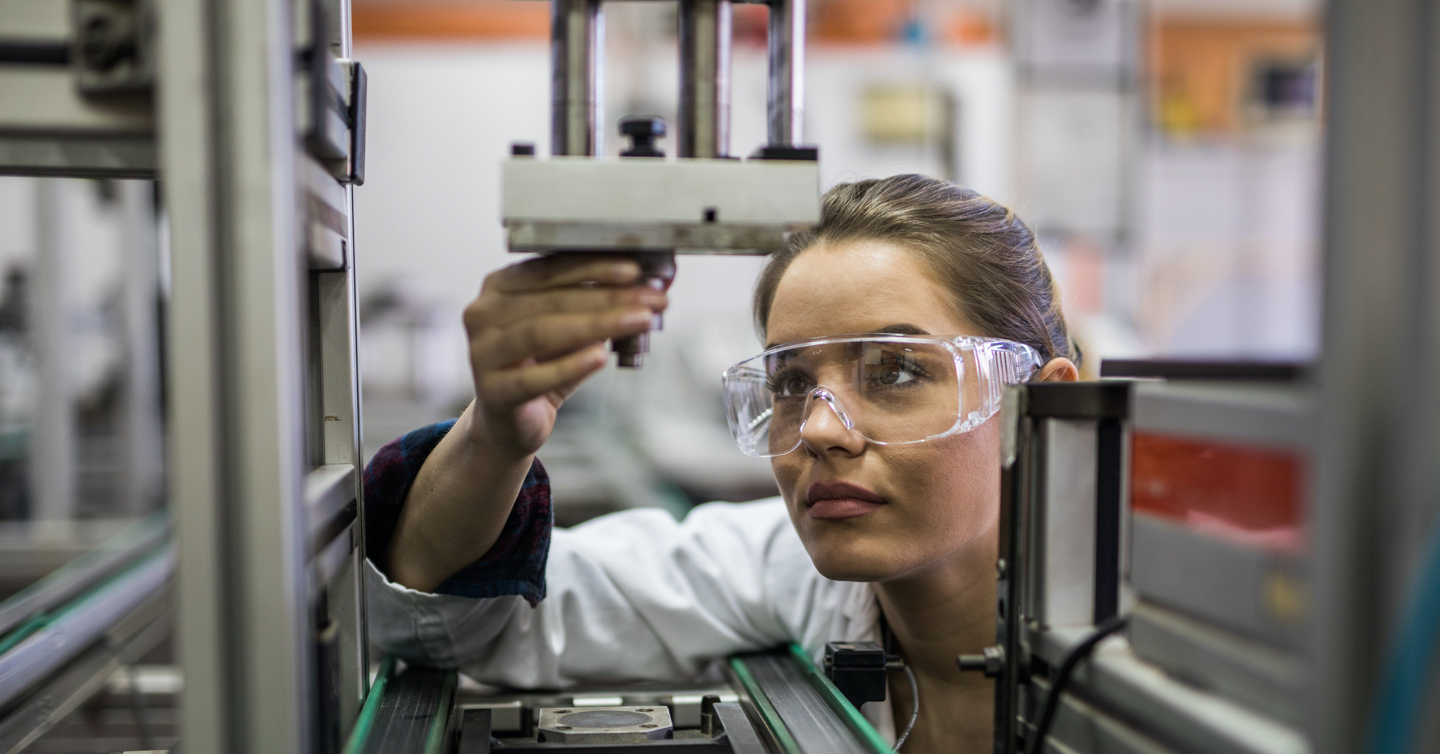Nikolaos Reppas
A CO2 injection model for carbon storage.
Email: n.reppas2@ncl.ac.uk
Supervisors
- Dr Yilin Gui
- Dr Ben Wetenhall
- Dr Colin Davie
Project description
Our knowledge of the effect of CO2 on climate change has increased and continues to do so. This has led scientists and engineers to investigate mechanisms to control global warming. We need to find out how to further decrease CO2 emissions into the atmosphere.
In the recent past, we adopted approaches like solar power and wind turbines. These produce energy without releasing extra CO2.
Apart from techniques that reduced CO2, the USA pioneered another promising approach. In Carbon Capture and Storage (CCS) schemes, CO2 is captured from large-scale industrial emitters. After transportation, it is then used – for example, in algae cultivation. We can also store it in geological sites. To store CO2, it is injected into rock formation, such as geological formations under the North Sea.
Previous research has informed us about:
- how to store CO2 in geological rock formations
- the appropriate characteristics of rock formations that can safely store highly pressurised CO2
The wellbore used for CO2 injection should be precisely examined as it can be under complex loading conditions. Specifically, examples of these loads are:
- in-situ stresses
- various thermal stresses from thermal gradients
- pressures from any underground existing water
- from the CO2 injection itself
Any change of the loadings would contribute to failure or dysfunction of the wellbore. This would affect the injection of CO2to the rock formation.
The main aim of the project is to develop a CO2 injection model which will consider the thermo-hydro-mechanical coupling effect on the wellbore stability caused by intermittent injection of CO2.
Publications
- Reppas N, Gui YL, Wetenhall B. A General Review on Rock Stability Due to CO2 Injection. American Rock Mechanics Association 2019. Available at OnePetro.
Qualifications
Nikolaos obtained his School Certificate(Apolyterion) from the 3rd General Lyceum of Agrinion, Greece with distinction.
Nikolaos holds an integrated Diploma in Civil Engineering (5-year degree), conferred by the University of Patras, Greece (2017). During his studies, he was attracted by modules concerning Earthquake and Geotechnical Engineering, Foundations, Soil Dynamics and Mechanics and Structural Analysis. Within the last four semesters of his studies, he specialised in Structural Engineering and undertook a thesis on investigating the seismic response of continuous girder bridges excited by horizontally propagating seismic waves (eg Rayleigh waves, non-vertically propagating body waves).
Nikolaos acquired a Master of Science Degree (MSc) in Geotechnical Engineering, from the University of Dundee (2018). At Dundee University, he obtained a lot of knowledge and experience in finite element analysis, offshore geotechnical engineering, advanced structural analysis and soil mechanics.
